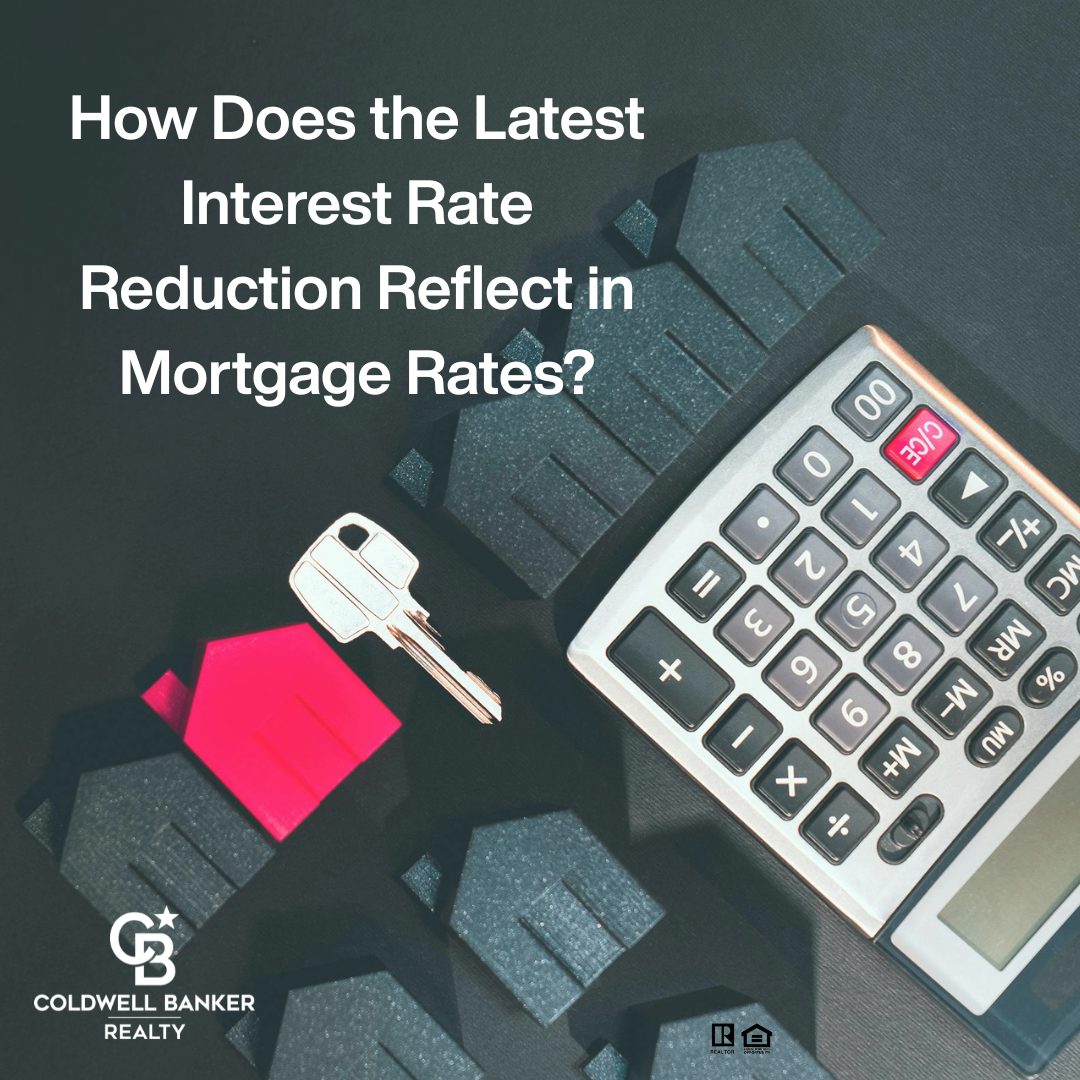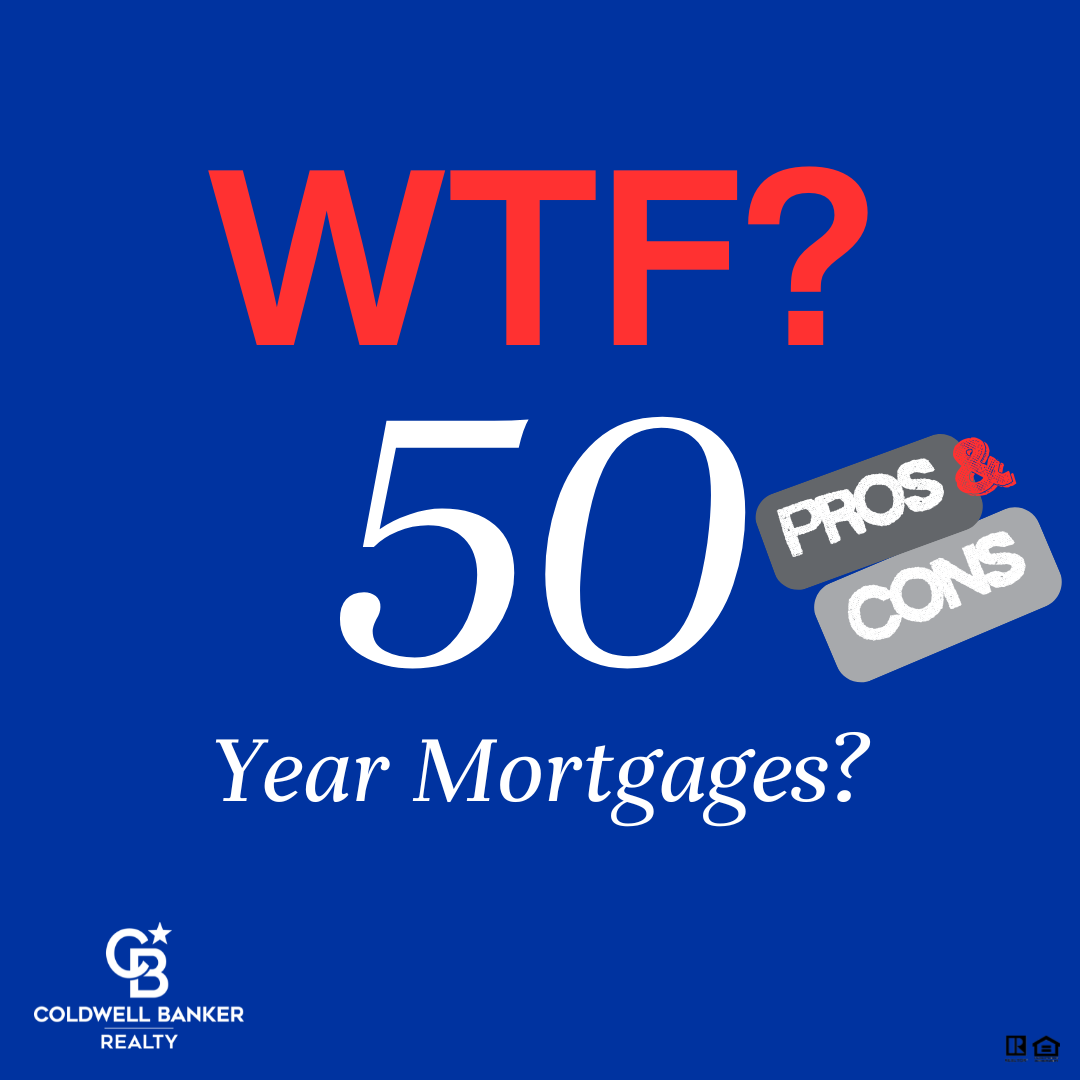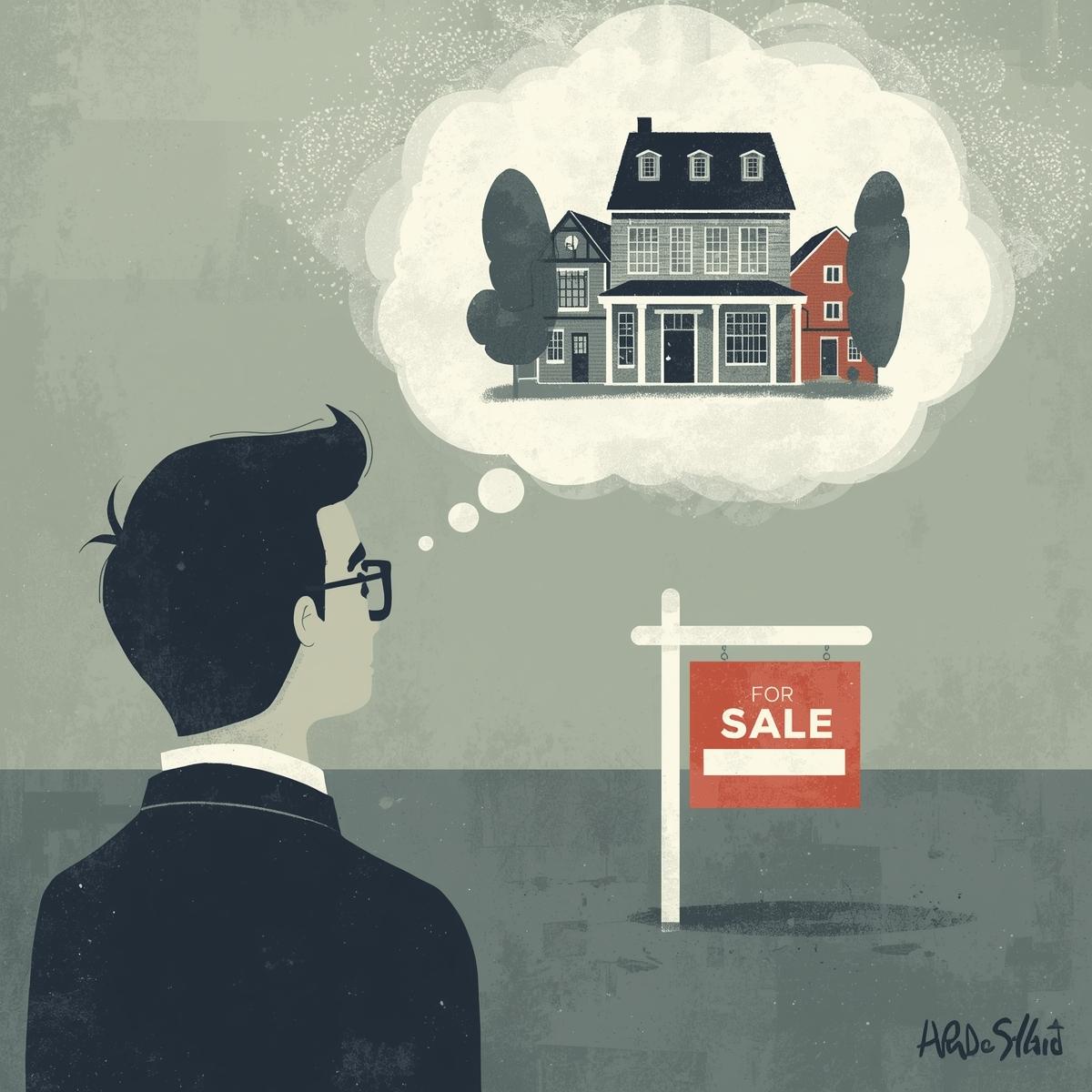Why Some Homes Sit on the Market 🏡⏳
(And What Sellers Can Do About It)
Selling a home should feel exciting.
However, when days on market start stacking up, frustration can creep in quickly.
At first, sellers stay optimistic.
Then, showings slow down.
Eventually, questions turn into worries.
So why do some homes sell quickly, while others linger on the market? More importantly, what can homeowners do differently to avoid becoming “that listing” buyers scroll past?
Let’s break it all down — clearly, honestly, and with real-world insight from the Cincinnati real estate market and beyond. 👇
Why This Topic Matters in Today’s Market 📊
The housing market has shifted.
While demand remains strong in many areas, buyers are also more cautious, better informed, and financially sensitive than they were a few years ago.
Because of that, pricing mistakes, poor presentation, and lack of strategy stand out fast.
According to the National Association of REALTORS®, homes that are overpriced typically sit longer and sell for less after reductions compared to homes priced correctly from day one (NAR.org). That trend continues locally across Greater Cincinnati.
As a result, sellers can no longer rely on “throw it on the market and see what happens.”
Instead, strategy matters more than ever. 🧠
The #1 Reason Homes Sit on the Market: Overpricing 💰
Let’s start with the biggest culprit.
Pricing a home too high is the most common — and most costly — mistake sellers make.
While it’s understandable to want top dollar, today’s buyers are savvy. They compare listings online, review recent sales, and watch price histories closely.
When a home is overpriced:
-
Buyers skip it altogether
-
Online engagement drops quickly
-
The listing becomes “stale”
-
Price reductions feel reactive instead of strategic
Even worse, the first two weeks on the market are critical. That’s when serious buyers are watching closely.
💡 Pro Insight: Homes priced correctly at launch typically receive more showings, stronger offers, and better final terms.
Market Trends That Influence Days on Market 📈
Several broader trends also impact how long a home takes to sell.
Inventory Levels
When inventory rises, buyers gain leverage.
Consequently, homes must stand out more to compete.
Interest Rates
Higher mortgage rates reduce buying power.
As a result, buyers become pickier and more price-sensitive.
Seasonality
Spring and early summer still see more buyer activity.
Meanwhile, fall and winter listings often require sharper pricing and stronger marketing.
You can explore current local trends anytime through tools like the Neighborhood News section on my site:
👉 https://mikemcentush.sites.cbmoxi.com/neighborhood-news
Buyer Psychology: What Buyers Are Really Thinking 🧠
Buyers don’t just buy homes.
They buy confidence.
When a home sits too long, buyers start asking:
-
“What’s wrong with it?”
-
“Did it fail inspections before?”
-
“Will the seller negotiate heavily?”
Even if nothing is wrong, perception becomes reality.
Because of this, homes that linger often face tougher negotiations later.
That’s why the goal isn’t just to sell — it’s to sell efficiently and confidently.
Condition, Presentation, and First Impressions Matter 🎨
Another major reason homes sit?
They simply don’t show well.
First impressions happen in seconds — online and in person.
Common issues include:
-
Outdated paint colors
-
Poor lighting
-
Cluttered rooms
-
Worn flooring
-
Unfinished repairs
According to Zillow research, homes with professional photos sell faster and for more money (Zillow Research).
✨ Small upgrades can create big impact.
Fresh paint, new hardware, and strategic staging often outperform costly renovations.
Popular Home Features Buyers Want (and Expect) 🛋️
Buyer preferences continue to evolve.
Homes that sit often lack:
-
Open or flexible layouts
-
Updated kitchens or baths
-
Functional home office space
-
Energy-efficient features
-
Outdoor living areas
While not every home can check every box, how features are presented matters just as much as what exists.
That’s where expert positioning makes a difference.
Local and Regional Factors at Play 🌎
In Cincinnati and surrounding communities, neighborhood-level details matter.
For example:
-
School district perception
-
Commute times
-
Nearby development
-
Property tax differences
-
HOA rules
A home in Loveland may market very differently than one in Batavia or Anderson Township.
That’s why hyper-local pricing and messaging are essential — not generic online estimates.
👉 Curious about your home’s value right now?
Use this local estimate tool: https://tinyurl.com/OurHomeEstimate
Financial and Lending Considerations 💳
Financing plays a bigger role than many sellers realize.
If a home sits:
-
Appraisals may become stricter
-
Buyers may request seller concessions
-
FHA or VA guidelines may limit condition issues
Additionally, buyers today are often juggling:
-
Higher monthly payments
-
Tighter budgets
-
Increased insurance costs
Because of that, pricing must align with real monthly affordability, not just comparable sales.
Online Visibility and Marketing Gaps 📱
Sometimes the problem isn’t the home — it’s the exposure.
Homes can sit when:
-
Photos are low quality
-
Descriptions lack emotion
-
Listings aren’t optimized for search
-
Social media promotion is minimal
-
Showing instructions are restrictive
Modern marketing requires:
-
Professional photography
-
Compelling listing copy
-
Strategic online syndication
-
Local social media amplification
Homes that tell a story always perform better.
Seller Expectations vs. Market Reality ⚖️
Emotion can quietly work against sellers.
Memories, improvements, and personal value don’t always translate to market value.
That’s why honest conversations upfront matter.
A strong REALTOR® doesn’t just list — they guide, educate, and advocate with data.
Home Search Tips for Buyers 👀
If you’re buying, homes that sit can sometimes be opportunities.
However, due diligence matters.
Buyers should:
-
Review price history
-
Ask about prior inspections
-
Understand days on market context
-
Work with a knowledgeable agent
A longer DOM doesn’t always mean a bad home — it means you need clarity.
Professional REALTOR® Strategy That Works 🧭
As a full-time Cincinnati REALTOR® with Coldwell Banker Realty, my approach focuses on three things:
-
Accurate Pricing from Day One
Based on hyper-local data, not guesswork. -
Strong Presentation & Positioning
From staging guidance to professional marketing. -
Clear Communication & Strategy Adjustments
So sellers never feel left in the dark.
This proactive approach reduces stress and increases results.
Final Thoughts: Sitting Isn’t Inevitable 🏁
Homes don’t sit because sellers fail.
They sit because strategy missed the mark.
The good news?
Every one of these issues is fixable with the right guidance.
Whether you’re planning to sell soon or just want clarity, knowledge is power.
Let’s Talk Strategy 📅
If your home is sitting — or you want to prevent that from happening — let’s talk.
👉 Schedule a free consultation with Mike McEntush, REALTOR® | Coldwell Banker Realty:
https://tinyurl.com/Schedulea30MinuteCall
📬 Subscribe to the blog for weekly market insights:
https://mikemcentush.sites.cbmoxi.com/my-blog
Together, we’ll turn questions into confidence — and listings into results that move you. 🚀
#CincinnatiRealEstate,#HomesForSale,#SellYourHome,#RealEstateTips,#ColdwellBanker,#MikeSellsCincyHomes,#HomeSellingAdvice,#RealEstateMarket,#ListingAgent,#OhioRealEstate,#HomeValue,#RealEstateExpert


 Facebook
Facebook
 X
X
 Pinterest
Pinterest
 Copy Link
Copy Link






























